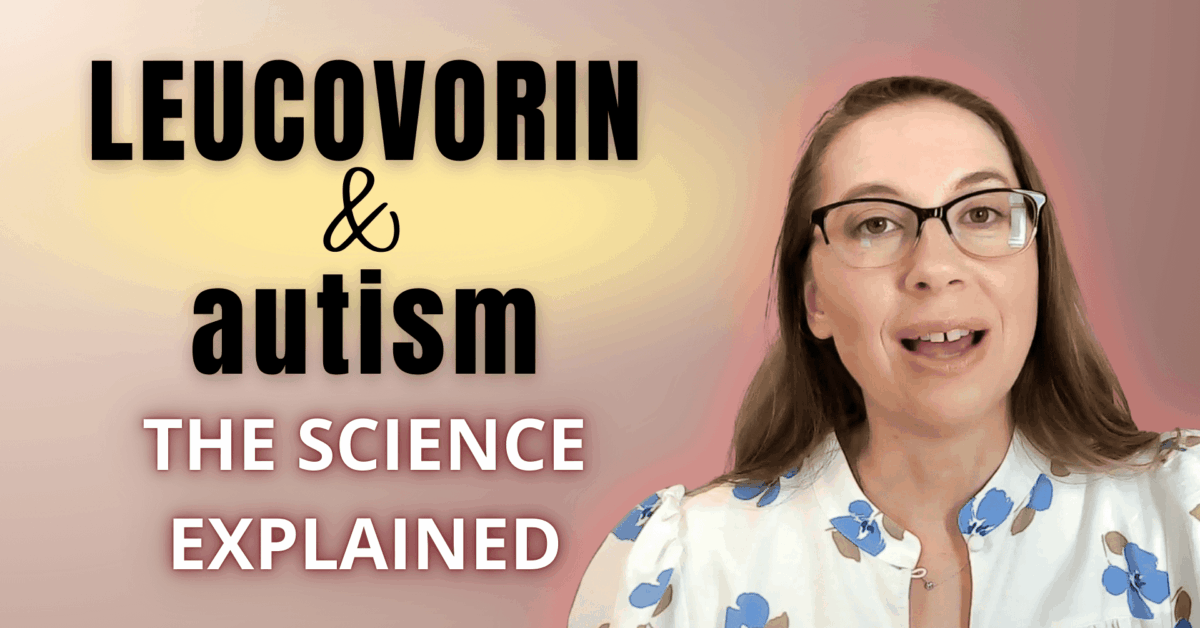Today, we are diving into a fascinating topic that has sparked numerous debates and discussions. The question is, is autism hereditary? Meaning, did you get autism from your mom or dad?
A few stats
It is estimated that the prevalence of autism worldwide is 1% of the general population. Males are about three times more likely to be affected by autism than females, and twin and family studies show that there is a genetic contribution to autism, but not always. Let’s understand that a little bit more.
Genetics and autism
The question of whether genetics plays a significant role in the development of autism has been a subject of intense research and speculation. Hereditary.
A study in 2017 estimated the heritability of autism to be 83%. Now, this is slightly lower than the last study in 1995 that estimated the heritability to be about 90%.
These studies, they’re not performed often because you really need a large set of data, and they’re quite hard to do. Depending on the study design, the overall risk of autism, if one sibling has it, is estimated to be anywhere from 6.9% to 18%.
Genes and autism
Okay, let’s get into genetics. It is estimated that about a thousand genes are involved in autism, which means that no one gene is likely to explain more than 1% of all autism cases. That’s really important to understand as an autism parent.
Genetic tests
Now, don’t get frustrated. You’re probably like, “Why should I then do genetics? Why should I spend the money on those tests?” And I get that. When scientists are presented with such a large, diverse genetic involvement as in autism, what they do is they start looking for large patterns. That’s why the strategy was to see if one or even just a few genes could explain all of autism or a certain portion of autism, but it really can’t.
Now, that doesn’t mean that genetics isn’t important. Is genetic testing a waste of your time and your money then? No, not always. The chromosomal microarray is a great genetic test to do, and it’s typically covered by insurance in the United States. But I definitely would not pay out of pocket to do a genetic test if that was the first lab test I was going to do.
I’ve worked with doctors and parents all over the world, and many times genetic testing is best done in the middle of regaining health so you can start to plan for the future and make sure your child doesn’t have the same health issues again.
Confused by all the information out there about autism? I can help you out. Click this link to see how we can work together. Let me break down the science and provide you with clear, actionable steps to make your path forward easier.
Conclusion
Genetics testing is typically not the first thing to do. Genetic testing is great to do for many people but it is not absolutely necessary for everyone. To understand the question, yes, autism is hereditary, but not every person with autism inherited it.




